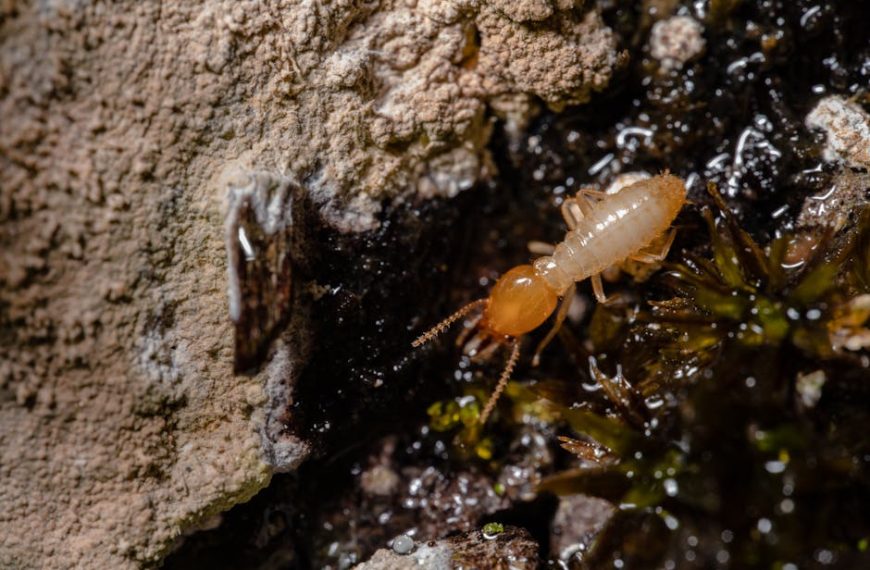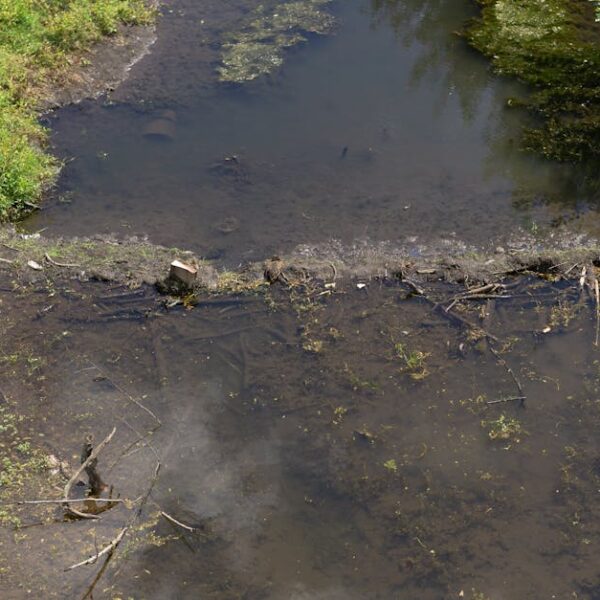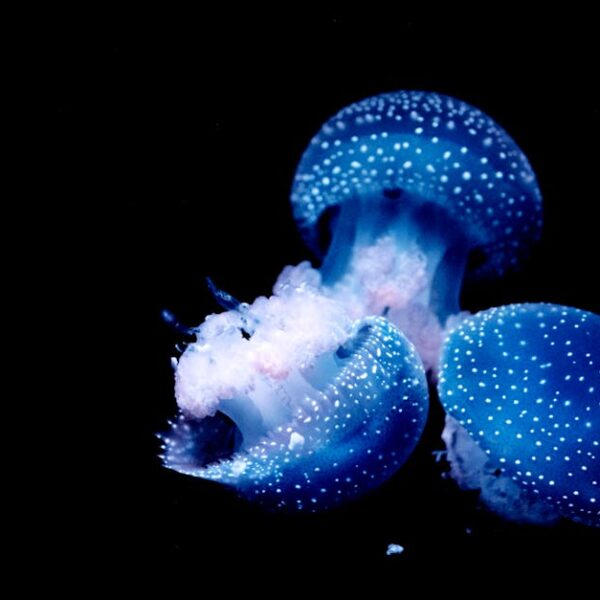While clean drinking water is a basic necessity for human health, it’s not always readily guaranteed from the tap. Although many developed countries have advanced water purification systems in place, occasional instances of water contamination serve as reminders that we can’t completely take clean tap water for granted. Hence, a simple and effective solution is boiling tap water before sipping on it. The benefits extend far beyond just making water safe to drink, to encompass health, economic, and environmental aspects.
1. Removal Of Harmful Microorganisms
Foremost, boiling tap water is the most effective, timeless, and hassle-free method to kill bacteria, viruses, and parasites. Giardia lamblia, a common waterborne parasite, and Escherichia coli, a dangerous bacterium, are stunningly annihilated if exposed to boiling temperatures. Thus, boiling diminishes the risk of gastrointestinal illnesses linked to these intruders, making your glass of water a blessing rather than a curse to your health.
- [ICON] Pro Tip: Experts recommend boiling water for at least one minute to ensure all potential pathogens are killed effectively. Adding another minute for every 300 meters above sea level to offset temperature drop is also encouraged.
- Happy Boiling Checklist:
1. Fill a pot with tap water.
2. Bring to a rolling boil.
3. Maintain a rolling boil for at least one minute.
4. Allow water to cool naturally without adding ice.
5. Transfer water into clean, covered containers for drinking.
2. Reduction Of Chemical Contaminants
Boiling also serves to relinquish certain chemical impurities. Volatile organic compounds (VOCs) and pesticides that have a lower boiling point than water can vaporize upon boiling, reducing their concentration in tap water. But, boiling isn’t a magical panacea that will whisk away all chemical pollutants. Substances like lead and nitrates possess a higher boiling point than water and hence resist vaporization.
- Typical Contaminants Reduced Through Boiling: Chlorine, Radon, Trihalomethanes, Arsenic, and Benzene.
- [ICON] Best Practice: To mitigate the effects of non-volatile contaminants, it’s suggested to pair boiling with carbon filtration, creating a more comprehensive purification regimen for tap water.
3. Improving The Taste And Odor Of Tap Water
Boiling stands to enhance the taste and odor of your everyday tap water. The process eliminates offensive tastes and odors by purging dissolved gases, metallic traces, and organic matter affecting the sensory quality of water. However, the taste and odor could vary depending on the local water source and the presence of particular contaminants or minerals.
Though these initial insights already paint boiling tap water for drinking in a favorable light, bear in mind that the benefits continue to unfold in the domain of economics and environmental conservation. Moreover, this process emerges as a key lifeline in the event of an emergency when regular resources for safe drinking water might be unavailable. Remember, a simple act like boiling your tap water could ripple into a healthier, cost-effective lifestyle while leaving a gentler footprint on the planet. 4. Economic And Environmental Advantages
Boiling your tap water has undeniable monetary and ecological benefits. If we take the cost of bottled water into account, boiling tap water saves you a significant amount of money over time. Plus, by choosing boiled tap water over bottled, you’re reducing plastic waste – an astounding 1 million plastic bottles are bought around the world every minute.
The production of bottled water also contributes to energy waste and greenhouse gas emissions. To produce one litre of bottled water, it takes around 3 times the amount of water to manufacture the bottle than the amount contained within it. By boiling your tap water, you are lowering your carbon footprint and conserving the environment.
- A Comparison of Costs & Environmental Impact:
| Boiling Tap Water | Bottled Water | |
|---|---|---|
| Cost | Minimal, if any | Can add up to hundreds a year |
| Environmental Impact | Low, especially if stove is energy-efficient | High, due to plastic waste & production footprint |
- Overlooked Opportunities to Save Energy while Boiling Water:
1. Use the right sized pot: Match your pot size to your stove burner for optimal heat utilization.
2. Consider kettle over stove: An electric kettle typically uses less energy than a stove-top.
3. Only boil what you need: Figure out your needs and only boil that much water.
5. Building An Emergency Preparedness Plan
Being adept at boiling water can be crucial during emergencies when standard methods of water purification may not be available. Events like floods, earthquakes, and power outages can disrupt water supplies and compromise water quality. Learning to boil water equips you with a coping mechanism during critical times.
While boiling is an easy solution, it’s essential to prepare for circumstances where you may not have access to gas or electricity to boil water. Hence, storing enough boiled water for emergencies is a smart move.
- Emergency Water Purification & Storage Checklist:
1. Store at least one gallon of water per person per day for at least three days.
2. Use food-grade water storage containers.
3. If using store-bought bottled water, do not open until use.
4. If using homemade boiled water, store in clean, sanitized containers and consume within six months.
- [ICON] Best Practice: Mark the storage date and consume home-boiled stored water within six months. Rotate your supply every six months for optimal safety.
In summary, boiling tap water is a powerful, cost-effective tool that helps us combat an array of microbial threats, improve the sensory profile of water, foster environmental sustainability, and prepare us for unforeseen emergencies. Harness the power of boiling at your home, and start reaping these benefits today!
Key Takeaway:
- Boiling tap water effectively kills harmful microorganisms such as bacteria, viruses and parasites helping to prevent common health issues.
- Boiling water also helps to reduce levels of certain chemical pollutants, providing safer and cleaner water for drinking.
- The practice can improve the taste and odor of tap water, making it more inviting for consumption.
- Besides providing health benefits, boiling tap water also offers economic and environmental advantages, saving costs in comparison to purchasing bottled water and reducing plastic waste.
- Learning how to boil water is essential for building an emergency preparedness plan for events when safe drinking water may not be readily available.
Stay proactive in maintaining your health and wellness by boiling your tap water for drinking. Aside from it being a cost-effective and environmentally friendly decision, it is also a practical skill and precautionary measure during emergencies. Enjoy the satisfying sip of clean, safe water from your own home!
FAQs
Q: Is boiling tap water the only method I need for water purification?
A: While boiling is a highly effective method, it may not remove all chemical pollutants. Combining boiling with other purification methods like carbon filtration can provide a more thorough treatment of your tap water.
Q: How long can I store boiled water for drinking?
A: Boiled water can generally be stored for up to six months in clean, sanitized containers. It’s a good practice to label the storage date and rotate your water supply every six months.
Q: How does boiling improve the taste and smell of tap water?
A: Boiling tap water removes dissolved gases, metallic traces and organic matter that can affect its taste and odor. You may also add natural flavors such as lemon or mint to enhance the taste of your boiled water.
Q: What are some ways to make boiling water more energy-efficient?
A: Choosing the right-sized pot for your burner, using an electric kettle instead of a stove-top, and only boiling the amount of water you need are all practical ways to save energy.
Q: How does boiling tap water compare to drinking bottled water in terms of cost and environmental impact?
A: Boiling tap water is a more cost-effective and environmentally friendly choice than consuming bottled water. Bottled water can be costly and contributes to plastic waste and energy consumption in its production process.
Feel free to share this article with your circle and continue exploring our website to learn more useful tips and insights.












